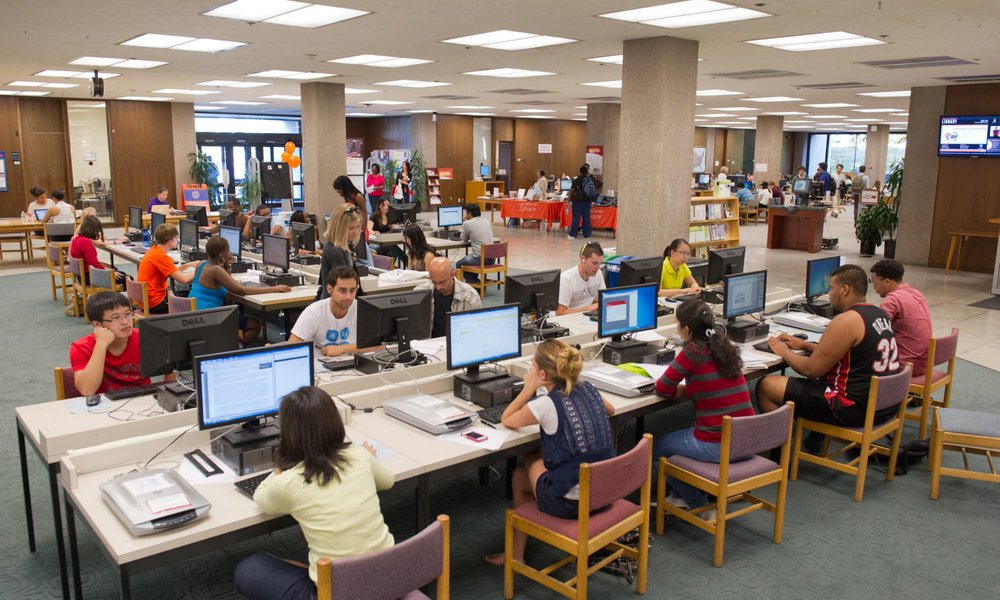Information Literacy and The High School to College Transition

by Abby Kasowitz-Scheer, Interim Head, Learning and Academic Engagement
As an academic librarian, I’m often asked by school librarians and others, “What should students learn in high school in order to be prepared for college-level research?” I began exploring this topic along with other academic and school librarians from the Central New York area in a group called “Bridging the Gap,” initiated in 2015 by the Central New York Library Resources Council (CLRC) and organized by the OCM BOCES School Library System.
In my own experience working with first year students and other undergraduates, I see a wide range of skills and experiences. I acknowledge that our students come from a variety of high schools and communities within the U.S. and abroad. According to the American Library Association’s State of America’s Libraries 2019: School Libraries Report, 91% of all public and private K-12 schools in the United States have school libraries, and only 61% of schools have full-time librarians.
I try not to make assumptions about the types of library instruction or resources students have been exposed to before they arrive at Syracuse University. When I teach first-year students, I focus on basic information and skills to help them with general library use, as well as upcoming research assignments in the context of the SU Libraries’ Information Literacy Instruction Program.
I recently co-presented on “academic inquiry and research” along with colleagues from Mohawk Valley Community College and Hamilton College at the 2019 Leatherstocking Conference & Technology Showcase for school librarians and other K-12 educators. I offer this (slightly edited) list of tips to help high school students prepare to do research using libraries in higher education institutions:
- Know the difference between types of sources: Students should understand that there exists a wide range of resources available to them that can provide information from a variety of perspectives. They should look beyond free web resources and utilize subscription databases (available in many high schools), books, journals, videos, etc.
- Identify keywords related to research topics: It’s not enough to search using one word or phrase representing a research topic. It’s important for students to identify questions and then generate a list of words or terms to use in a series of searches to explore their topics from multiple angles.
- Be familiar with the concept of Interlibrary Loan: If your library doesn’t have something, there’s a good chance they can request it from another library and make it available to you.
- Spend time on college library websites before you arrive: High school seniors should explore their college library website to see what resources and services will be available to them. (Thanks to the school librarian who attended a presentation I gave last year for this helpful tip!)
- Recognize research as a process that allows students to explore interests and develop their voice: The research process is more productive and interesting when students are engaged and use the opportunity to develop their intellectual curiosity. As students move through their college experience, they will begin to see that their work and their voice can be part of larger intellectual discussions.
- Ask for help! This is the most important piece of advice I give to new college students as well as all researchers. Librarians and library staff are ready and willing to answer questions and consult with students on all aspects of research process (e.g., identifying research topics, finding and accessing information, evaluating sources, citing sources, etc.). At SU Libraries, we provide multiple options for contacting staff, including in-person, email, phone and even 24/7 chat.
It’s important to note that academic library staff is available to teach and reinforce information literacy skills when students get to college, but some general familiarity with and understanding of the above concepts are helpful. Academic and school librarians should continue to work together to make sure students are exposed to information literacy concepts and information resources and to discuss how best to help students establish good library use and research habits they can take with them to college.
